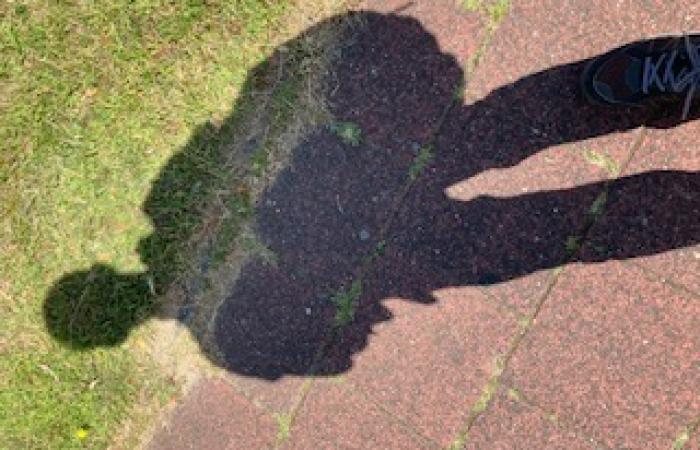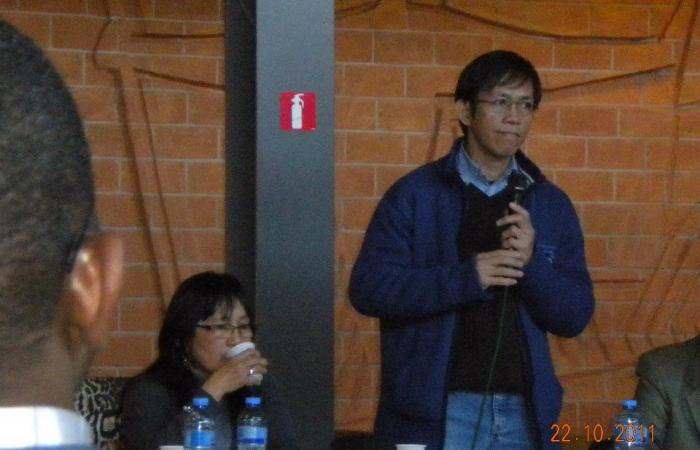Today, 30th of December, I join the Filipino nation is commemorating the 124th Anniversary of Dr. Jose Rizal's martyrdom at Bagumbayan. But I wonder whether the new generations of Filipinos are aware that Jose Rizal was an American sponsored hero ( Renato Constantino: Veneration Without Understanding, 1969).
In short, it was not our forefathers who initiated a move to elevate Rizal to the pantheon of a National Hero of the Philippines, but the Americans. But, why?
This perplexing question may have probably haunted some of the pro-Rizal historians, but Rizal's exalted position has still been unshaken. In fact, most popular textbooks in schools on Rizal's life fail to shed light on the issue of American sponsored hero. While many are engaged in public discourses on the dichotomy of Rizal vs Bonifacio, the literature on the role of American colonizers in choosing Rizal to be a National Hero is a dearth, so to speak. You don't even learn it in school. if Renato Constantino had not broached the subject to the realm of public discussion, students of history like me would not have learned a more profound explanation on this. Have Rizalist historians attempted to cover up this fact to protect Rizal's impeccable image as a national hero in order not to disappoint our young generations? We do not know!
Again, why did the American colonial officials endeavor to sponsor someone to be a national hero for the Filipinos? Is it right to say that it was none of their business to do so in the first place? Simply because they were Americans.
In 1901, US President William Mckinley, who wanted to dilute the anti American sentiments of the Filipinos for occupying the Philippine islands, employed a political strategy to capture the hearts and minds of the Filipinos that time. In doing so, they thought that more Filipinos would vent their anger and resentment to Spaniards who executed Rizal while appreciate the benevolent act of the American colonial officials for giving them a great Filipino hero in the person of Rizal.
President William Mckinkey established a Philippine Commission that sought to give the Filipino people a national hero. One whom the Filipinos would revere and emulate as a model hero. William Howard Taft, who later became the President of the United States, spearheaded the commission. Accordingly, the Taft Commission chose Rizal over five other contestants whose names are immortal in Philippine history such as Emilio Aguinaldo, Andres Bonifacio, Apolinario Mabini, Juan and Marcelo H. del Pilar for various grounds. The selection went down to two between Marcelo H. del Pilar and Jose Rizal after the Commission had come up a decision to discard other contestants. What grounds? Emilio Aguinaldo was too militant; Andres Bonifacio was too radical; and Apolinario Mabini was too unregenerate (Theodore Friend: Between Two Empires,1965).
At first, after deliberation, the Commission picked Marcelo H del Pilar. But, for a certain reason, they changed their decision, and instead, chose Rizal to be the national hero of the Filipinos.
Did the American colonizers choose Rizal to fulfill the latter's prediction that the United States would become a superpower in the Pacific? Maybe, they read Jose Rizal' famous essay, ' Filipinas: Dentro de Cien Anos'.
Now, for what reason the Americans chose Rizal? The choice was not made without a compelling reason on the part of the American administration in the Philippines. They saw Rizal best fit to the quality they wanted to promote mainly a pacifist. Yes, Rizal was a pacifist who desired evolution instead of revolution. In fact, as history has revealed, he vehemently repudiated Andres Bonifacio's bloody revolution.
Rizal, who established La Liga Filipina to seek reforms from Spain, fought openly for the assimilation of the Philippines to be a province of Spain, believing that the natives would enjoy equal rights with the Spaniards once the country became part of Spain, and not merely as a colony. In another words, Rizal's philosophy of reforms was consistent and more advantageous to the US' colonization policy in the Philippines. Indeed, making Rizal a National Hero helped considerably the Americans in convincing the Filipinos, who were fighting for our country' liberty, to give up their armed struggle. Was this enough reason to replace Jose Rizal with someone who fought for independence? One who was a revolutionary and whose heroism derived from the initiative of the Filipinos?
I say and I have said it again that we have had a number of heroes in our history. Some are giants in names because of their wealth of achievements in defense of liberty, but Rizal, for me, was the first among equal!


